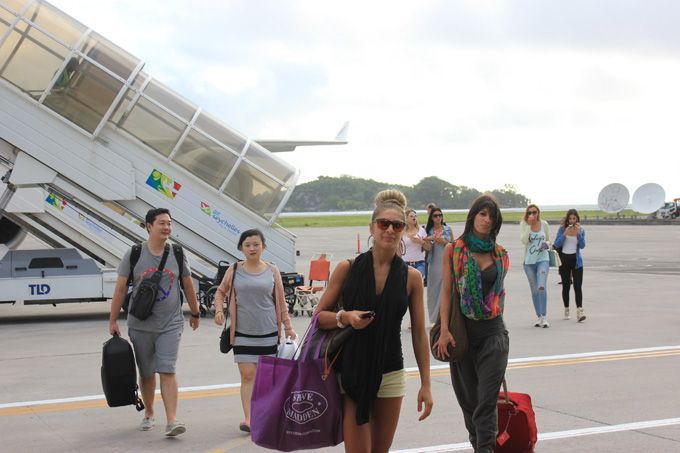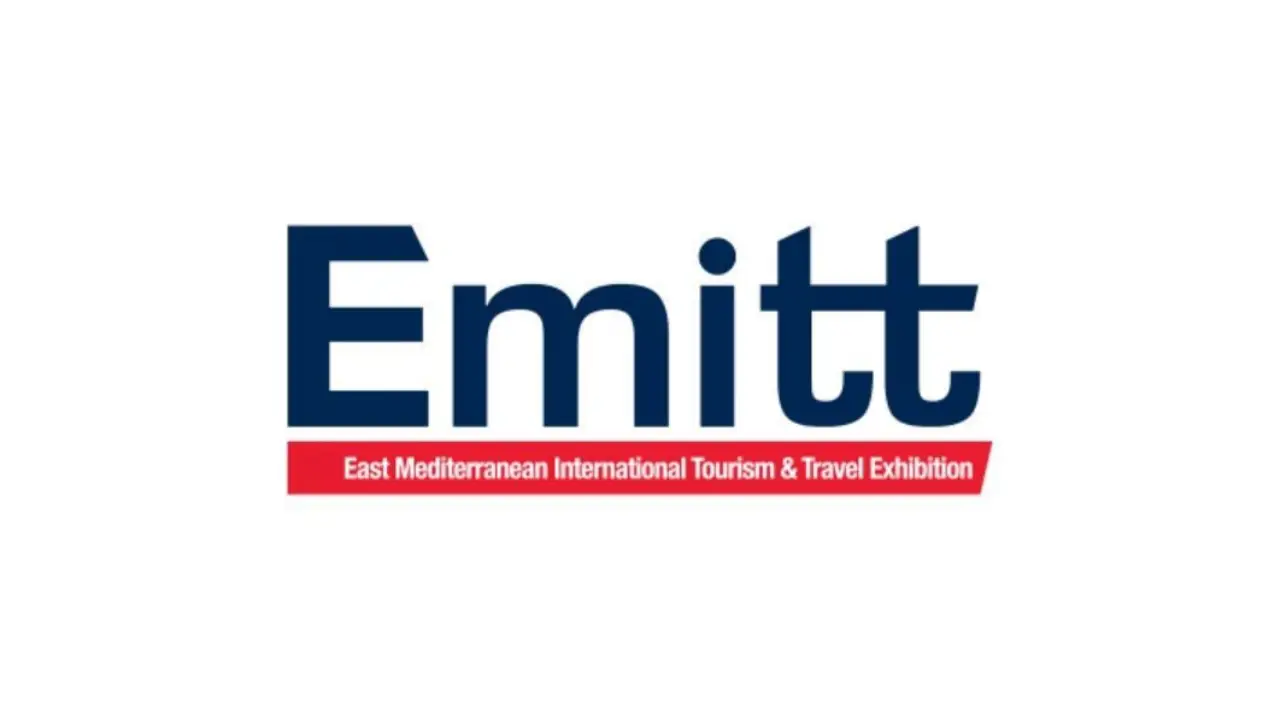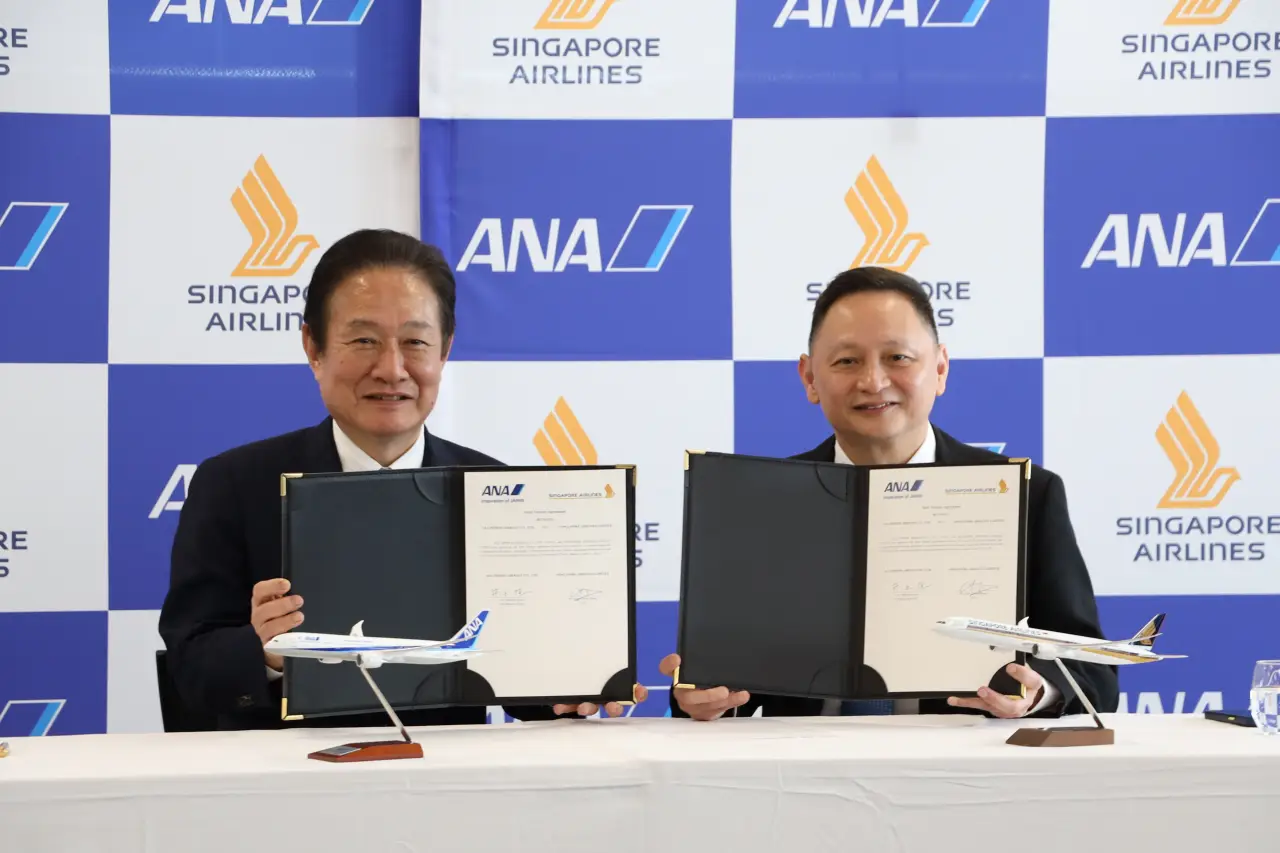A new study shows the negative impact of Airbnb on the lodging industry and the broader economy of New York City last year. According to the report released by the Hotel Association of New York City, an industry trade group that represents more than 270 of the city’s hotels, Airbnb’s operations had a negative impact of USD 2.1 billion.
The report titled “Airbnb and Impacts on the New York City Lodging Market and Economy” presents a wide range of New York City lodging industry impacts that exist due to the existence of the Airbnb lodging alternatives present in the market. It examined the direct impact of lost lodging revenue to the hotel industry over one year, which it estimates at more than $450 million over that time. It also looked at the impacts of Airbnb as it relates to ancillary departments of a hotel (food, beverage, etc.), projected losses to the construction sector, indirect and induced economic impacts on wages and lost jobs, and lost tax revenue.
The report concluded that over 2,800 jobs are directly lost due to a lack of ability to service Airbnb demand, stating: “Hotels are labor-intensive operations that generate significant employment opportunities for a community. By removing demand from the market, and the need to service those rooms, so too are jobs removed from the market that would handle the operations of those rooms.”

The study estimates Airbnb costs more than USD 226 million annually in lost tax revenues for local, state and federal governments.
In total, the analysis found that the overall impact of Airbnb’s operations in New York City is estimated to be USD 2.1 billion over the twelve-month period from September 2014 through August 2015. “With the Airbnb revenue staged to potentially double in size, we only expect these impacts to grow proportionately and become a more significant and important factor in the competitive landscape of the New York City lodging market,” the report states.
A 2010 state law prohibits the short-term rental (less than 30 days) of apartments in New York City when the host is not present.
The report was conducted by HVS Consulting & Valuation, a leading hospitality consulting firm, and was commissioned by the Hotel Association of New York City.













